


ERASMUS 2018-1- DE02-KA204-005029
Because of the digitalization of almost all areas of life, more and more people, especially children and adolescents, are moving daily and naturally towards digital social spaces. The social, social and political processes in the real and virtual world permeate and influence each other. Public discussion about this ranges in the tension between fear and suspicion about the excessive technification of man and the idealization of increased comfort.
There is often a gap between generations: for young people there are many conveniences, but there are also obvious social changes that have occurred because of technical progress. The generation of parents and grandparents, on the other hand, observes this development with concern and has the feeling that they are partially excluded from the social world, which plays in digital form and often reacts with perplexity and rejection. Parents react to the virtual social life of their children without understanding and impotence, often without reflecting on their own use of social networks. Parents often lack the understanding that relationships between adolescents and children today are often digital (for example, on social networks). The technical development has surpassed that of the educational culture.
The DIGIRE project is aimed at raising awareness and educating parents, grandparents and young people during the irruption of the digital age.
Nuestros socios
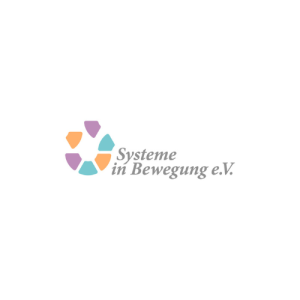
Cordinador: SUA
Working in Winsen, Germany, is the coordinator of DIGIRE PROJECT
Systems in Bewegung e.V. is an association for the networking and support of families throughout Europe. They carry out projects for family support and child and youth work at regional and European level.
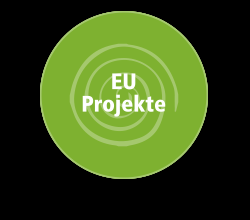
Stiftung Medien- und Online Sucht gemeinnützige Stiftung
The Foundation for Media and Online Addictions (hereinafter referred to as SMOS) is a non-profit foundation operating in Lower Saxony.
SMOS was founded in 2007 and employs 6 full-time employees and volunteers with educational, socio-pedagogical, and psychological job profiles. In addition to the clinical picture of media dependency, it addresses the issue of excessive media consumption. Their stated goal is to provide assistance in this area.

Sambucusforum
Sambucusforum is a non-profit organization founded in 2005. It is composed of a group of senior and retired individuals, former educators and teachers, employers, and managers. They form an interesting network of entrepreneurial seniors who engage in projects aimed at providing opportunities for unskilled individuals to enhance their skills. In this regard, ready-to-use methods and methodologies are developed in adult literacy learning situations to encourage and lead functional illiterates towards active participation in society.
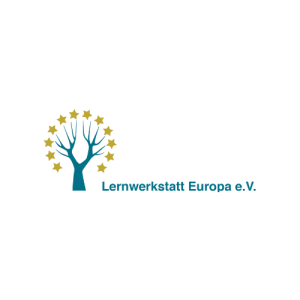
УЧЕБНА РАБОТИЛНИЦА ЕВРОПА
The Lernwerkstatt Europa e.V., hereinafter referred to as "Lewke," is headquartered in Pleven, Bulgaria. It was founded in 2012, and its team is experienced in project organization.
The aim of LewkE is to support social integration: addressing the needs of children, youth, families, senior citizens, individuals with disabilities, and people with special needs.

Fundacja Autokreacja
Operating in Warsaw, Poland, its main lines of work are:
New media and technologies, informal education, intersectoral cooperation, promotion of volunteering, support for European citizenship and culture.
The results of the research carried out by the partners in the DIGIRE project have been published in EPALE.
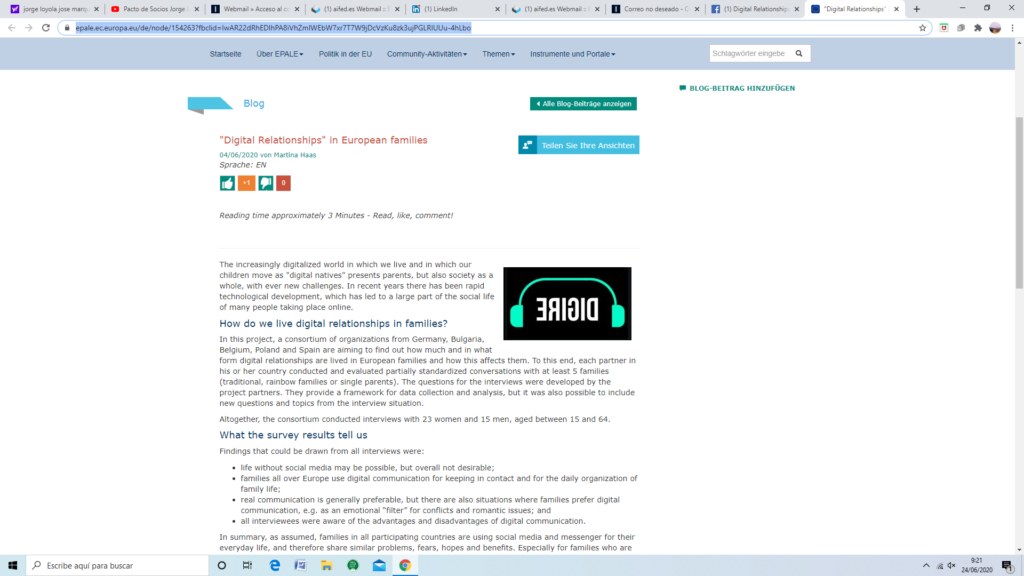
The final meeting of the project just ended. Due to the corona crisis, we had to conduct it virtually instead of meeting in #Warsaw at Fundacja Autokreacja.
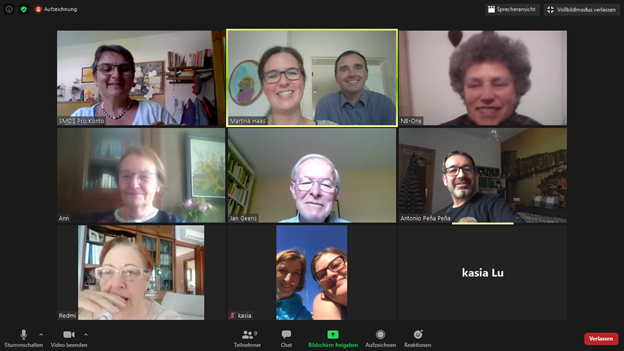
We have held the second meeting of the DIGIRE project in Granada on 8 and 9 April
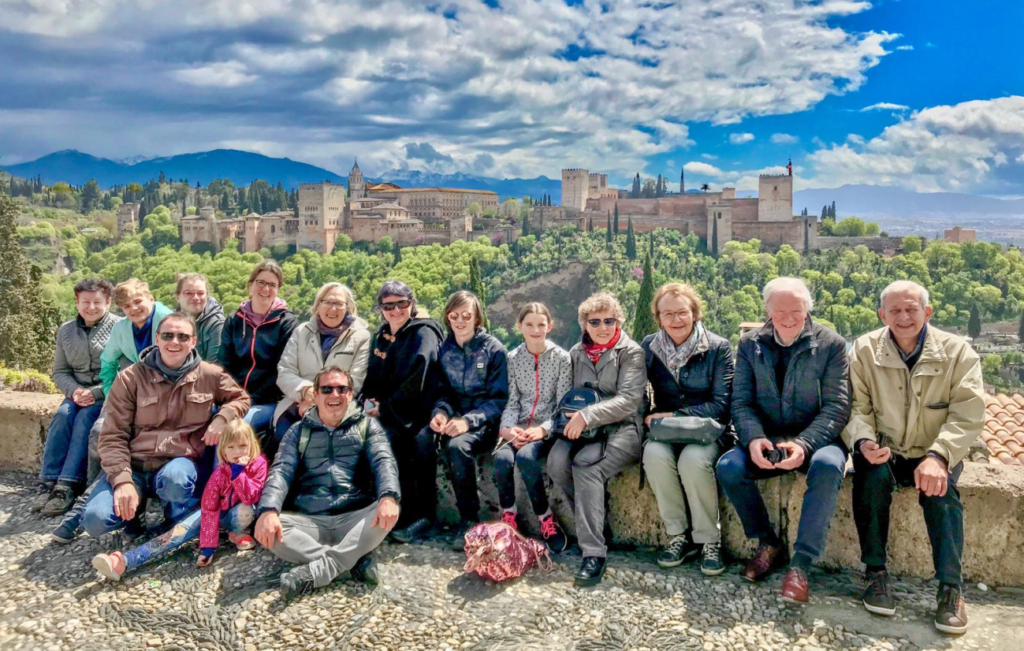
We have completed one of the phases of analysis of questionnaires on the use of new communication methods to the detriment of face-to-face forms. They have been very interesting debates and, also, some time to enjoy our beautiful city.
